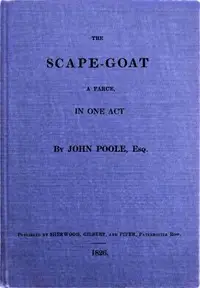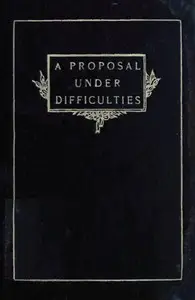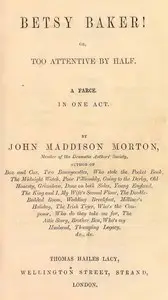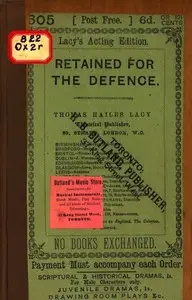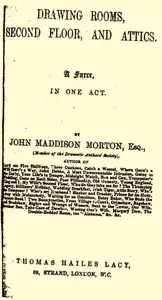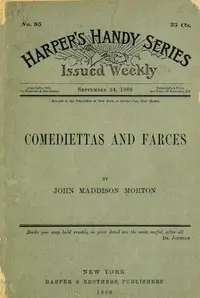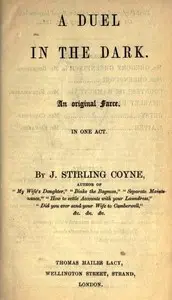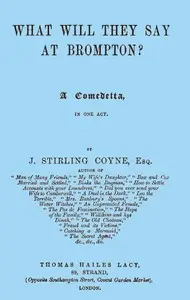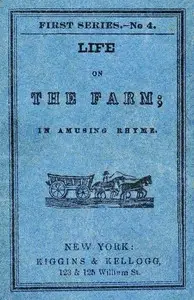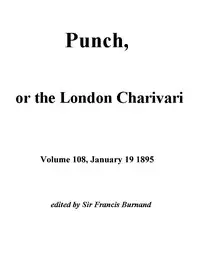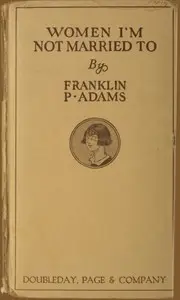"How to Settle Accounts with your Laundress: An Original Farce, in One Act" by J. Stirling Coyne is a funny story set in the 1800s that was meant to be acted out on stage. The story is about love, being jealous, and people pretending to be someone else, all told in a way that makes you laugh. It's about a tailor named Whittington Widgetts who gets into trouble because he wants to go on a date and also because of his laundress. The story happens in the tailor's shop, where Widgetts plans a fancy dinner with Mademoiselle Cheri Bounce, while also trying to avoid Mary White, the laundress, who likes him a lot. Mary comes up with a plan that involves a fake version of herself, which causes a lot of confusion and silly moments when Widgetts' bad behavior is exposed. In the end, everything works out in a happy, funny way, with people finding love and joy despite all the mess and misunderstandings.
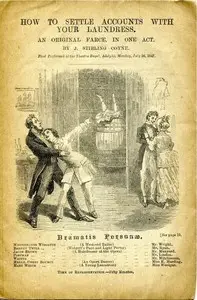
How to Settle Accounts with your Laundress: An Original Farce, in One Act
By J. Stirling (Joseph Stirling) Coyne
A tailor's attempt to juggle romance and avoid his lovesick laundress results in comical chaos when a mistaken identity escalates into a hilarious showdown of affection and trickery.
Summary
About the AuthorJoseph Stirling Coyne (1803–1868) was a humorist and satirist in the tradition of Jonathan Swift and Alexander Pope. One of the most prolific British playwrights of the mid-nineteenth century, he wrote more than sixty plays; his twenty-seven farces are surpassed in number only by John Maddison Morton's ninety-one and T. J. Williams's thirty. Coyne brought to the stage accomplished comedic interchanges, puns, irony, exaggerated character traits, ludicrous plot situations, and surprising outcomes. His plays reveal a deft ear for dialogue and an ability to create characters suited to the talents of specific actors. As a journalist Coyne contributed humorous pieces to many widely circulated journals and newspapers.
Joseph Stirling Coyne (1803–1868) was a humorist and satirist in the tradition of Jonathan Swift and Alexander Pope. One of the most prolific British playwrights of the mid-nineteenth century, he wrote more than sixty plays; his twenty-seven farces are surpassed in number only by John Maddison Morton's ninety-one and T. J. Williams's thirty. Coyne brought to the stage accomplished comedic interchanges, puns, irony, exaggerated character traits, ludicrous plot situations, and surprising outcomes. His plays reveal a deft ear for dialogue and an ability to create characters suited to the talents of specific actors. As a journalist Coyne contributed humorous pieces to many widely circulated journals and newspapers.

